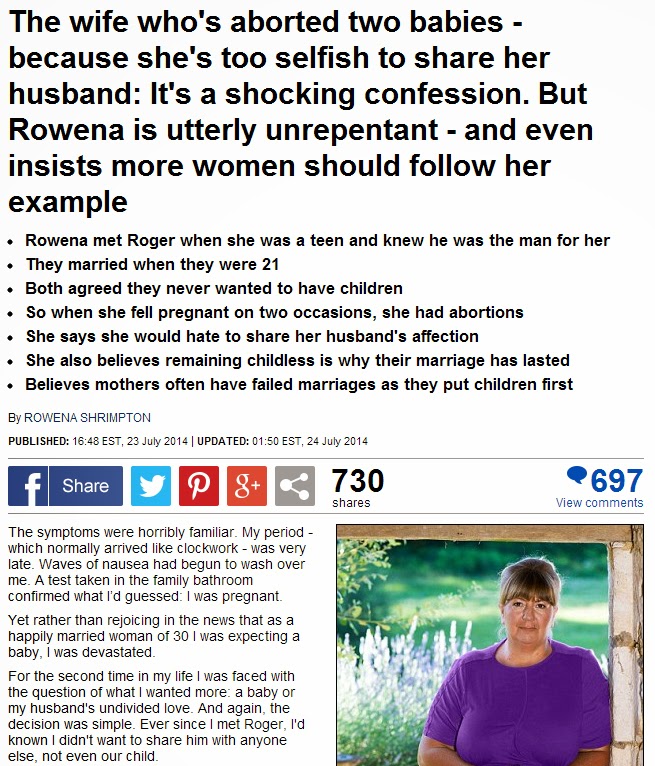Adventures in tax law
Conservative media outlets generally, and pro-life ones in particular, are very concerned about the recent settlement of a lawsuit that the Freedom From Religion Foundation (FFRF) filed against the IRS. Since I’m secular, pro-life, and an attorney by day, I’d like to weigh in.
The FFRF charged that the IRS was failing to enforce rules that prohibit electioneering by tax-exempt churches. The case settled when the IRS promised that it had new policies in place to address the issue. But apparently, the IRS didn’t notify faith groups about it directly; the faith groups found out via FFRF’s press release. So right away, they were suspicious.
It was definitely bad form for the IRS not to be transparent about this. But I also think the concerns about what this might mean for the pro-life movement are overblown.
LifeNews states: “The next time your pastor delivers a pro-life sermon or urges the congregation to stand up for pro-life values in the political or public arena, he could be taken to task by the IRS.” Well, maybe. It depends on how partisan the statement is. If merely asking people to stand up for pro-life values in the public arena was enough to attract the IRS’s wrath, no pro-life group could be tax-exempt.
Some background: churches are presumed to be tax-exempt. Naturally, there are plenty of unscrupulous groups, including political campaigns, that would love to take advantage of that presumption. So there needs to be some mechanism in place to draw a hard line, with tax-exempt churches on the one side and non-exempt campaigns on the other. This is the ban on “electioneering.”
Other non-profits aren’t presumed to be tax-exempt, but earn tax-exempt status via an application to the IRS that explains their non-profit mission. (This is the process that was at the center of the IRS/Tea Party scandal.) These non-profits must also refrain from electioneering.
The way “electioneering” is defined is key. Every pro-life statement ever made has some impact on politics. An educational pamphlet on prenatal development may inspire a reader to vote for a pro-life candidate in the next election. But such a pamphlet is not “electioneering.”
Hold on, you might be thinking: I’ve seen pro-life groups like NRLC, the Susan B. Anthony List, and Americans United for Life straight-up endorse political candidates. That must be electioneering, right?
It is. Those organizations maintain their tax exemptions because each of them has a separate corporation designated specifically for electioneering purposes. Those corporations raise funds separately from the main non-profit, and if you donate to those political arms, your donations won’t be tax-deductible. It’s the same setup whether you’re talking about pro-life groups, abortion advocacy groups, pro-/anti-marijuana groups, and any other cause you can think of. These groups have to assiduously maintain separation of the main non-profit from the political arm, or risk their tax exemption.
Of course, churches tend not to have political arms; some, particularly small ones, aren’t even formally incorporated. So they have to be very careful to avoid electioneering.
Fortunately for them, a sermon on the sixth commandment is not electioneering. A sermon on abortion specifically isn’t electioneering either, for the same reason the prenatal development pamphlet isn’t. It takes more overtly partisan advocacy to cross the line into electioneering.
To be fair, churches may worry that a pro-abortion administration with an ax to grind will abuse their authority by unreasonably stretching the definition of “electioneering” to encompass protected pro-life speech, especially given the IRS’s recent history. That is a concern. But it’s a concern that existed long before the FFRF’s lawsuit, and the settlement didn’t involve the way “electioneering” is defined. So nothing has changed on that count.


Yes, thank you for this explanation.
Very interesting. I honestly had no idea how any of this worked, so thanks for the information.